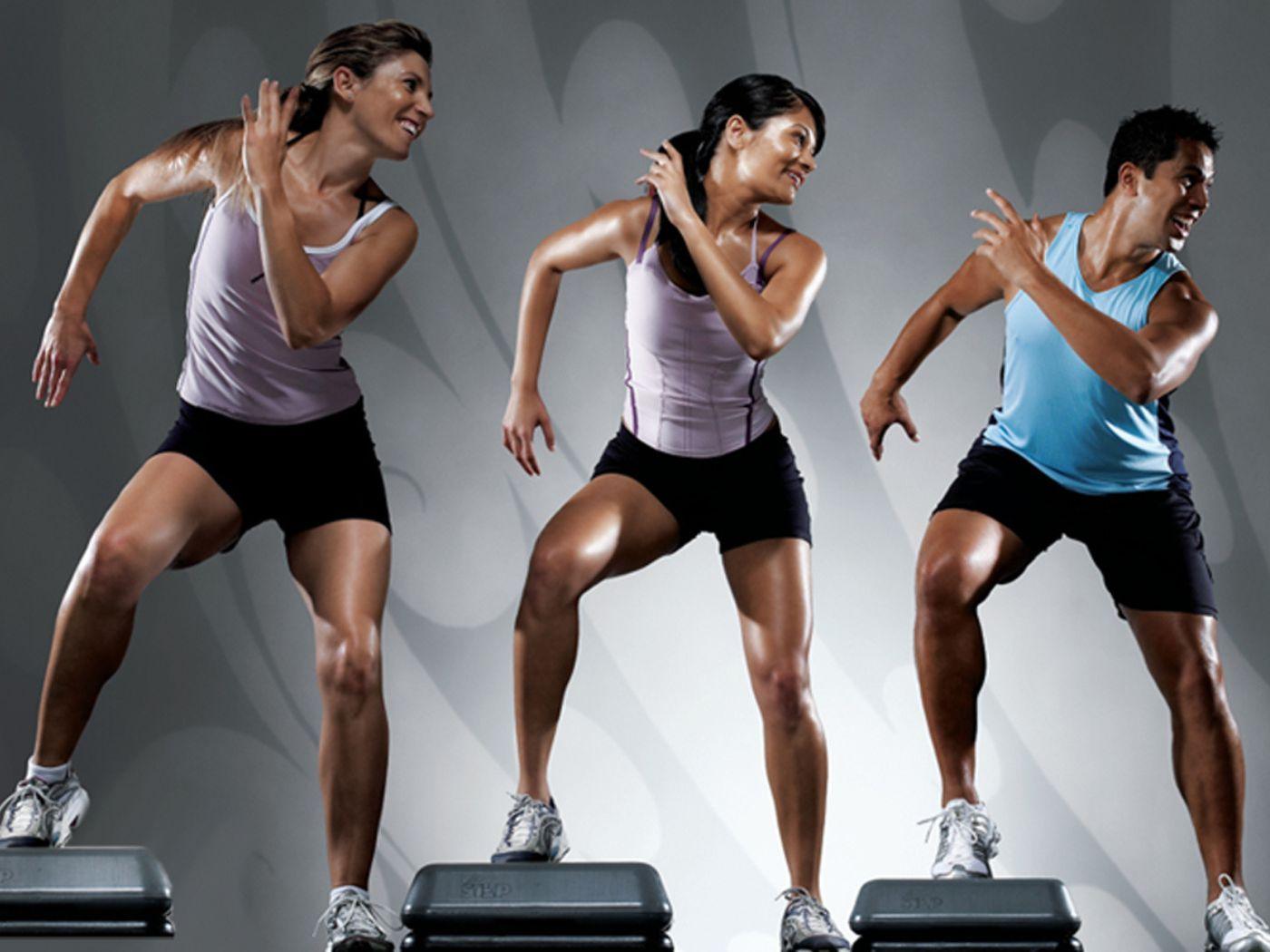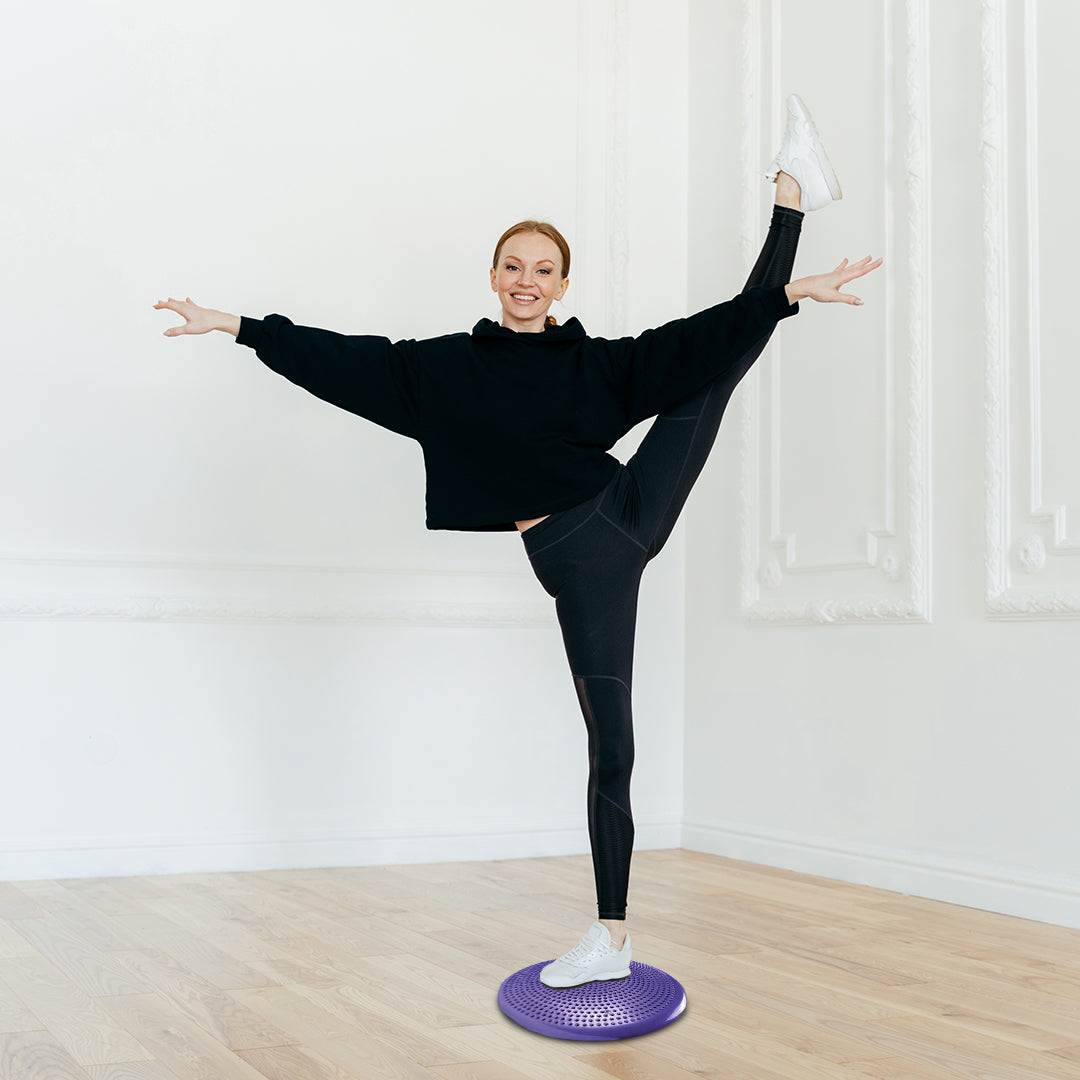Many people make the mistake of working hard to achieve fitness goals. Find out 9 Benefits of Regular Physical Activity! They regard fitness as an end rather than a way of life. This can cause health issues and weight gain. If fitness is a lifestyle choice, we won't reap the long-term benefits of regular exercise. Exercise can help us lose or keep weight off in the short term.
Yet an active lifestyle has long-term benefits. It can lower the risk of potential health complications such as.
- Elevated blood pressure
- Diabetes
- Cardiovascular disease
- Obesity
Fitness and Exercise improve health and well-being, so make it a priority. It's never too late to start.
Suggestions for Non-workout Activities to Get in Shape
Outside activities are not only good for our body but have also shown us to improve our mental health. Depression is often a factor for people who struggle to get in shape. These types of activities are especially beneficial for getting in some cardiovascular exercise.
Hiking, dancing, biking, running stairs, or swimming are far more enjoyable than walking on a treadmill every session. We should make fitness and exercise for our sound health.

Fitness and Exercise During the COVID-19 Pandemic
Lack of Fitness Motivation
The closure of gyms and other fitness activity centers, such as sports stadiums and morning walk parks, as well as increased psychological health issues, have resulted in a lack of fitness motivation. Fitness motivation comes from both within and without. We motivate people when they see others taking part in fitness activities.
It is clear from the preceding statement that home confinement and the absence of others caused a lack of motivation for fitness. The presence of others engaged in a similar activity not only fosters a sense of shared identity but also fosters a sense of community.
Perception Alteration
Individuals learned to respond to the pandemic in a more constructive and positive manner as the days passed. . They believed that, while they couldn't change the situation, they could do the same for themselves in order and deal with it.
Shifting Emphasis to Gym Workout Substitutes
Individuals considered their normal routine and tried to substitute their normal activities as their perceptions improved. They experimented with shifting their workouts from the gym to other available locations and using alternatives to the gym for their fitness activities.
Benefits of Regular Physical Activity
Exercise Can Make You Happy
Increased experiences with an unfamiliar situation cope mechanisms within an individual, which reflects in a changed perception of their own self and a more positive reappraisal of the situation. Individuals considered their normal routine and tried to substitute their normal activities as their perceptions improved.
They experimented with shifting their workouts from the gym to other available locations and using alternatives to gym equipment for their fitness activities.
Exercise Can Aid in Weight Loss
Three Ways:
- Food digestion
- Exercising
- Maintaining body functions can make us fit.
A lower calorie intake while dieting lowers your metabolic rate, which can delay weight loss. I have shown regular exercise increases our metabolic rate, which can burn more calories and help you lose weight. Research has shown that combining aerobic exercise with resistance training can maximize fat loss and muscle mass maintenance, which is beneficial.

Exercise is Helpful to Your Muscles and Bones
Exercise and fitness is crucial for developing and maintaining strong muscles and bones. Weightlifting can stimulate muscle building. This is often because exercise causes the discharge of hormones that promote the flexibility of your muscles to soak up amino acids.
This promotes their growth and reduces their breakdown. People lose muscle mass and performance as they age. It increases their risk of injury. Regular physical activity is critical for preventing muscle loss and maintaining strength as you age. Exercise also aids in the development of bone density after we are younger, also because of the prevention of osteoporosis.
Many people can enjoy exercise. An older study discovered that 6 weeks of normal exercise reduced feelings of fatigue in 36 folks that had before reported chronic fatigue. Exercise may also boost energy levels in people stricken by chronic fatigue syndrome (CFS) and other medical conditions.
In fact, exercise appears to be more practical than other treatments, including passive therapies like relaxation and stretching or no treatment in any respect, in combating CFS. to not mention the amazing heart and lung health benefits of exercise. Cardiopulmonary exercise strengthens the vascular system and improves lung health, which may have a big impact.
Exercise Can Lower Your Risk of Developing Chronic Diseases
A lack of normal physical activity caused chronic disease. I’ve got shown regular physical activity to boost insulin sensitivity, cardiovascular health, and body composition. It also can lower pressure and cholesterol Exercise, particularly, can help reduce or prevent the subsequent chronic health conditions. Diabetes type 2.
Regular aerobics may help to delay or prevent the onset of type 2 diabetes. It also has significant health benefits for those who have type 1 diabetes. Resistance training improves fat mass, pressure, lean body mass, insulin resistance, and glycemic control in people with type 2 diabetes. Disorder Exercise lowers cardiovascular risk factors while also being therapeutic.
Exercise Can Benefit Skin Health
The amount of oxidative stress in your body can influence your skin. Oxidative stress occurs when the body's antioxidant defenses cannot completely repair cell damage caused by free radicals.
Although strenuous physical activity can contribute to oxidative damage, regular moderate exercise can actually increase our body's production of natural antioxidants, which help protect cells. Exercise can increase blood flow and induce somatic cell adaptations that help to delay the looks of skin aging.
Exercise Can Improve Memory and Brain Health
Exercise can boost brain function and protect memory and reasoning abilities. To start with, it raises our rate, which increases blood and oxygen flow to our brain. Regular physical activity is particularly important in older adults because aging promotes changes in brain structure and performance when combined with oxidative stress and inflammation.
We’ve shown exercise causes the hippocampus, part of the brain important for memory, to shrink.
Exercise Can Aid in Relaxation and Improve Sleep Quality
Exercise and fitness can facilitate our relaxation and sleep better. Energy depletion during exercise stimulates restorative processes during sleep. The rise in blood heat that happens during exercise boosts sleep quality by assisting with the reduction of blood heat during sleep.
Several studies on the results of exercise on sleep have yielded similar results. in step with one review of six studies, collaborating in an exercise educational program improved self-reported sleep quality and reduced sleep latency, which is the time to go to sleep.
We Can Reduce Pain Through Exercise
Although chronic pain can incapacitate, exercise can help reduce it. For several years, the quality treatment for chronic pain was rest and inactivity. Recent research shows that exercise can help relieve chronic pain. One study found that exercise can help people with chronic pain reduce their pain and improve their quality of life.
Several studies have also shown that exercise can help control pain caused by a range of health conditions, like chronic low back pain, fibromyalgia, and chronic soft tissue shoulder disorder, to call some. Physical activity can even improve pain tolerance and reduce pain perception.

Exercise Can Help You Have a Better Sexual Life
Regular exercise can improve our sex life by strengthening our heart, improving blood circulation, toning our muscles, and increasing our flexibility. Physical activity can also improve sexual performance and pleasure while increasing sexual frequency. One study found that fitness and exercise to improved sexual function and desire in 405 postmenopausal women.
The terms "physical activity," "exercise," and "physical fitness" all refer to different concepts. We define physical activity as any skeletal muscle movement that results in energy expenditure. Kilocalories used to calculate energy expenditure. We can classify physical activity in everyday life as occupational, sports, conditioning, household, or other.
Exercise is a type of physical activity that plans, structured, and repetitive, with the ultimate or intermediate goal of improving or maintaining physical fitness. Physical fitness refers to a set of characteristics that are health-related or skill-related. For being healthy life fitness and exercise is mandatory.





